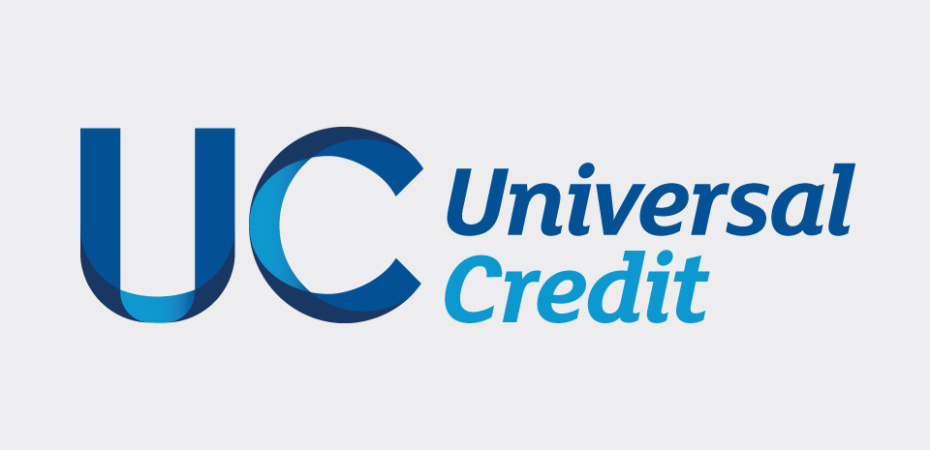There have been quite a few changes made to Universal Credit (and other benefits) since the coronavirus crisis took hold
Everything from attending the jobcentre to the ‘minimum income floor’ (for the self-employed) has been tweaked. Here’s a list of the main changes:
A change in the rate of Universal Credit
From the 6th March 2020, the standard payment for Universal Credit (UC) goes up by £20 per week. This is for everyone, including any of us who already claim as well as anyone making a new claim. The ‘basic element’ of working tax credits is also going up by £20 per week.
The ‘Minimum Income Floor’ is relaxed
The minimum income floor is the amount we are expected to earn if we’re self-employed and claiming Universal Credit. It kicks in after one year of trading. It’s based on the national minimum wage for whatever age we are (click here for national minimum wage levels). UC assumes we will earn this on average for 35 hours per week, 52 weeks a year. If we earn less than the minimum income floor, Universal Credit will not make up the difference. This means we would need to look for extra work to keep receiving Universal Credit.
During the coronavirus outbreak, the minimum income floor will not be applied to our Universal Credit claim. This means that we can keep on receiving UC without having to look for extra work, even if our earnings are below the minimum income floor.
More info on the minimum income floor, and claiming Universal Credit if we’re self-employed is available on this link.
No Jobcentre Appointments
For at least three months, (this may be extended), no-one is expected to attend appointments in person at the jobcentre. This goes for all of us who currently claim benefits, and for all new claimants too.
All of us who are already claiming UC should use our online journal (sign in here) to tell our work coach if we’ve been affected by coronavirus. We should check the journal every day if we can as important messages and directions could come back.
All new claims for Universal Credit during this period will be done online. Online applications for Universal Credit are made on the government website (click here to go to website and start new claim application). Be aware that there is a backlog (over 500,000 people have applied for Universal Credit in March).
The advice for new claimants is to get the online application done as soon as possible. Once the application is complete, the next step is to make an appointment for an interview with a work coach.
Health Assessments Suspended
All face to face health assessments for health and disability related have been suspended until further notice.
This relates to PIP (personal Independence Payments), ESA (Employment and Support Allowance), Universal Credit and Industrial Injuries Disablement Benefit (IIDB).
We don’t need to attend any assessment appointment already arranged. Instead, the assessment provider will get in touch and tell us what happens next.
If we’ve made a claim based on health or disability, but still haven’t been given an appointment we don’t need to do anything. The assessment provider will be in touch, either by phone or by letter, to tell us what happens next.
For more info on coronavirus and benefits, check out the government page (on this link).
For more info on coronavirus and money, have a look at our Frequently Asked Questions page.
If there is a question that you’d like to ask that isn’t on the site, please use the online form to get in touch. We’ll do our best to answer your question, within forty-eight hours.




